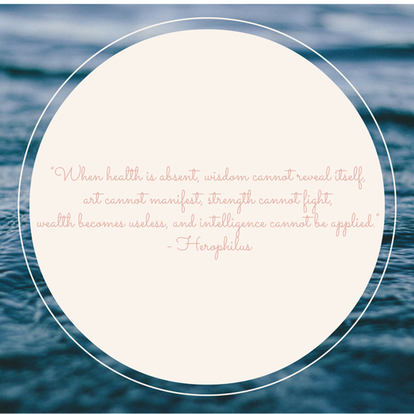Kinesiology and Stress
Stress is a normal physical response to something that threatens us, whether that’s a real or perceived threat. The stress response is known as “fight or flight”, where your nervous system releases a flood of hormones to get your body ready to react to the threat. Your heart pounds faster, blood pressure rises, breathing quickens, blood is diverted away from non-vital organs and into muscles, and your senses become sharper. These physical changes increase your strength and stamina, speed your reaction time, and enhance your focus – preparing you to either fight or flee from the danger.
This is a necessary and essential part of our being for survival. But beyond a certain point, stress stops being helpful and starts causing major damage to your health, your mood, your productivity, your relationships, and your quality of life.
One of the amazing things about our brains is that it cannot tell the difference between what is actually happening now and what we are imagining or visualising is happening. The response is virtually the same. This is why visualisation is such a powerful tool. When we are under stress we often find ourselves thinking about the stressful situation or the causes of our stress, and for our brain it is like that event is happening, often over and over again. As a result our primitive survival instincts kick in and stress hormones are being released at times when we aren’t in actual danger and in need to fight or flee. And this in turn can cause long term physical, emotional or mental illness.
This is a necessary and essential part of our being for survival. But beyond a certain point, stress stops being helpful and starts causing major damage to your health, your mood, your productivity, your relationships, and your quality of life.
One of the amazing things about our brains is that it cannot tell the difference between what is actually happening now and what we are imagining or visualising is happening. The response is virtually the same. This is why visualisation is such a powerful tool. When we are under stress we often find ourselves thinking about the stressful situation or the causes of our stress, and for our brain it is like that event is happening, often over and over again. As a result our primitive survival instincts kick in and stress hormones are being released at times when we aren’t in actual danger and in need to fight or flee. And this in turn can cause long term physical, emotional or mental illness.

Lifeline's 2012 Stress Poll showed 91% of Australians surveyed reported feelings of stress and almost 50% experienced unhealthy levels of stress.
According to a 2011 study by the Australian Psychology Association the main causes of stress were financial issues, personal health concerns, family and relationship issues, worries about the health of others, concerns about the economy, and problems in the workplace.
Stress manifests itself in many ways including:
· Headaches and muscle tension and pain
· Chest pain
· Digestive problems
· Sleeplessness, insomnia and fatigue
· Weight gain or loss
· Eating disorders
· Depression, anxiety and worry
· Anger, irritation and moodiness
· Substance abuse
· Lack of motivation and focus
· Poor immune function
· Change in sex drive
According to a 2011 study by the Australian Psychology Association the main causes of stress were financial issues, personal health concerns, family and relationship issues, worries about the health of others, concerns about the economy, and problems in the workplace.
Stress manifests itself in many ways including:
· Headaches and muscle tension and pain
· Chest pain
· Digestive problems
· Sleeplessness, insomnia and fatigue
· Weight gain or loss
· Eating disorders
· Depression, anxiety and worry
· Anger, irritation and moodiness
· Substance abuse
· Lack of motivation and focus
· Poor immune function
· Change in sex drive

